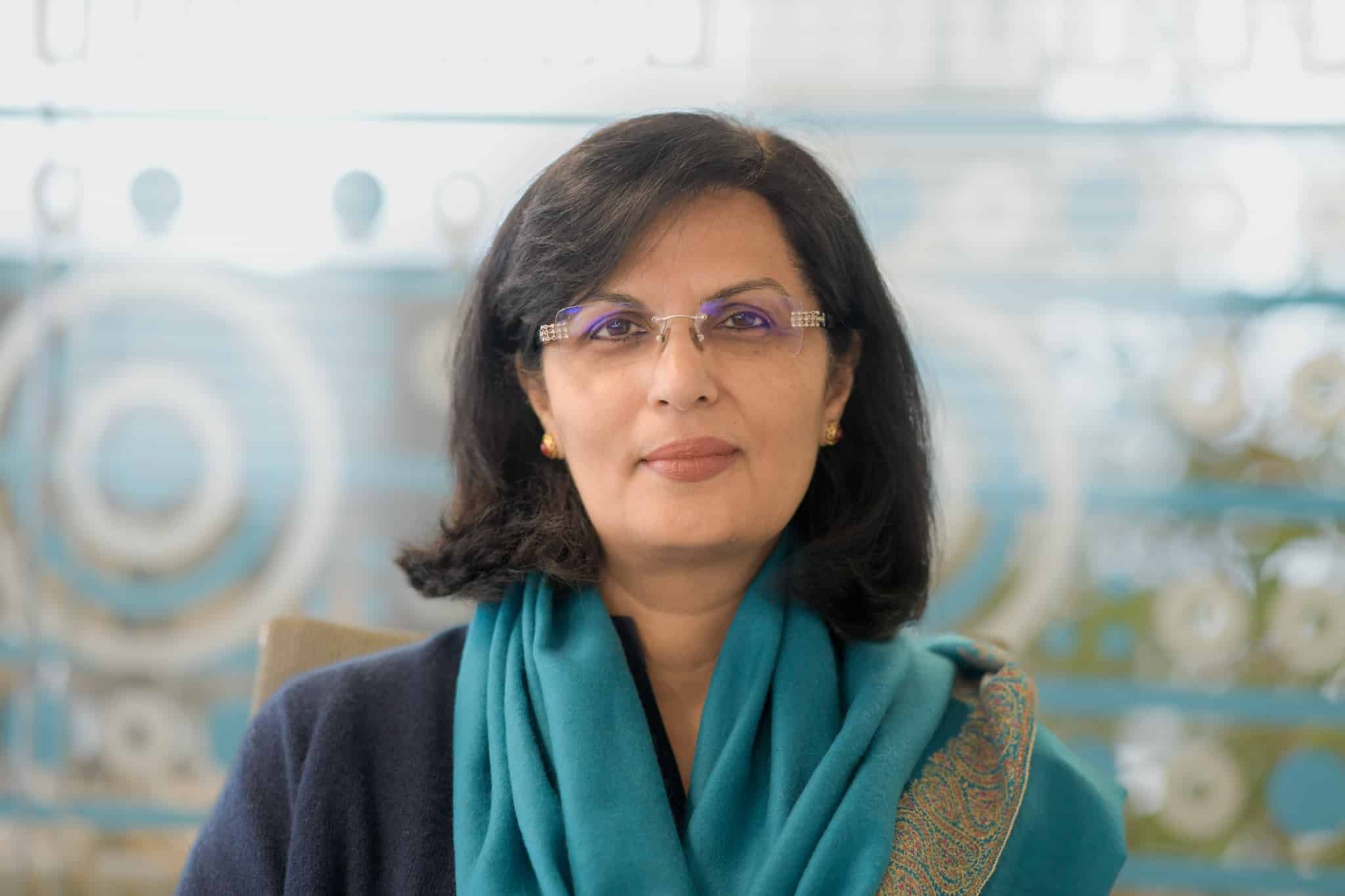
A seminal moment in the future of immunisation in Africa occurred in Abidjan, Cote D’Ivoire, this week. In a meeting of the health ministers of nine African nations, a declaration was signed that will see these nations commit to a future where the costs of immunisation will be borne entirely out of their own budgets, helping fulfill the long-term mission of the organisation I lead, Gavi, which is to ultimately put itself out of business.
Why is this so important? Since 2000 Gavi has facilitated the immunisation of over one billion children – over half of the global birth cohort. Providing a shield against deadly yet easily preventable diseases has generated over US$200 billion in economic benefits as young people grow into healthy, wage-earning adults, parents are spared debilitating healthcare costs and health systems’ resources are freed up to provide other essential services. But Gavi’s model is designed so that countries pay a greater share of their national immunisation programmes as their income increases, placing them in the driving seat for determining the healthy futures of their populations.
Political will is one thing, however securing the resources and technical ability to realise that ambition is another entirely. Only 19 countries have transitioned away from Gavi support since 2000. A new era of immunisation began this week with the agreement of the Abidjan declaration – a commitment to self-sufficiency and vaccine sovereignty that sits at the heart of the Gavi model. Thank you to all those who have welcomed me in Abidjan and participated in a hugely productive visit for the Vaccine Alliance. Achieving sustainability requires huge amounts of collaboration, capacity-building and, at times, course-correction. Having nine countries signal their intention to joining the club in one week therefore represents a huge moment.
This is what makes this week’s Abidjan Declaration unprecedented. The nine signatory countries – Benin, Congo, Côte d’Ivoire, Djibouti, Ghana, Mauritania, Nigeria, Sao Tome and Principe and Senegal – all at separate stages on the Gavi transition pathway, have effectively formed a club to support and guide each other through the transition pathway. This means collaboration on establishing strategies that strengthen not only immunisation programmes but the institutions that underpin them and the budgetary mechanisms to support them. And it means building systems capable of supporting new vaccine introductions whenever they come online.
The collaboration will inevitably take many forms; for me, one of the most innovative new approaches is a plan to create a peer monitoring mechanism to allow the sharing of best practices across the group. The group’s commitment to working closely with civil society and the private sector, and to strengthen more broadly primary healthcare infrastructure are equally laudable.
That these commitments are being undertaken is admirable; that they are being undertaken at a time of considerable fiscal constraint caused by high costs of debt servicing, the ravages of climate change and other factors is even more impressive. In the spirit of the Lusaka Agenda, global health initiatives like Gavi are in turn committed to help countries achieve their long-term vision of nationally-funded healthcare systems in Africa.
In practice, Gavi will use its expertise to help countries plan and monitor vaccine programmes as they transition. It will also provide support to help structure innovative finance mechanisms in support of domestic resource mobilisation. We will also continue to support these countries even after they graduate – as we do for other former-Gavi countries and indeed other middle-income countries that have never been fully supported by our Alliance, through technical assistance.
The World Health Organisation also has an important role to play to support countries in transition in helping build capacity and sharing best practices that will assist the transition. Lastly, all international organisations have an obligation to coordinate support and assistance to countries to optimise the benefits they bring and minimise the transaction costs.
As I look back on my many meetings in Abidjan this week, I cannot help but think reflect on events that took place here as representing a milestone not just for the countries of Africa but for Gavi also. The government of Cote D’Ivoire deserves enormous credit, not just for committing to a sustainable immunisation future for itself but also for showing leadership, and showing the world what a Global South-led transition will look like. For Gavi, too, as we enter a replenishment year where donor funding will be crucial to helping us protect more children, against more diseases, than ever before over the coming five years, the Abidjan Declaration presents a powerful endorsement of our model; that money invested in Gavi today will help countries stand on their own tomorrow.

